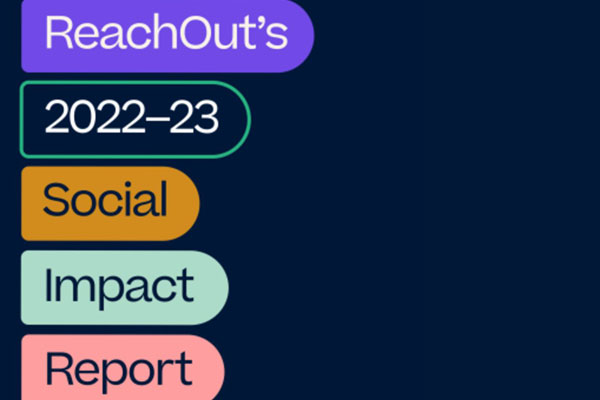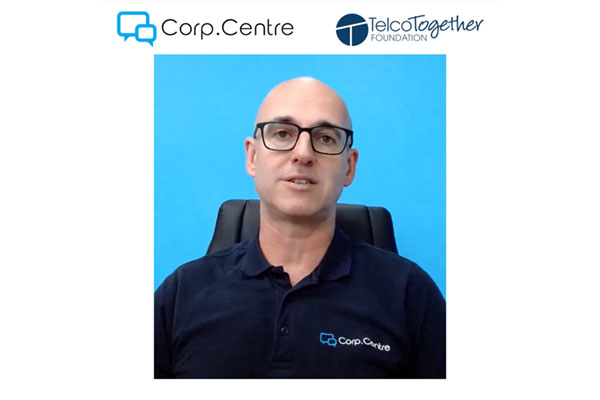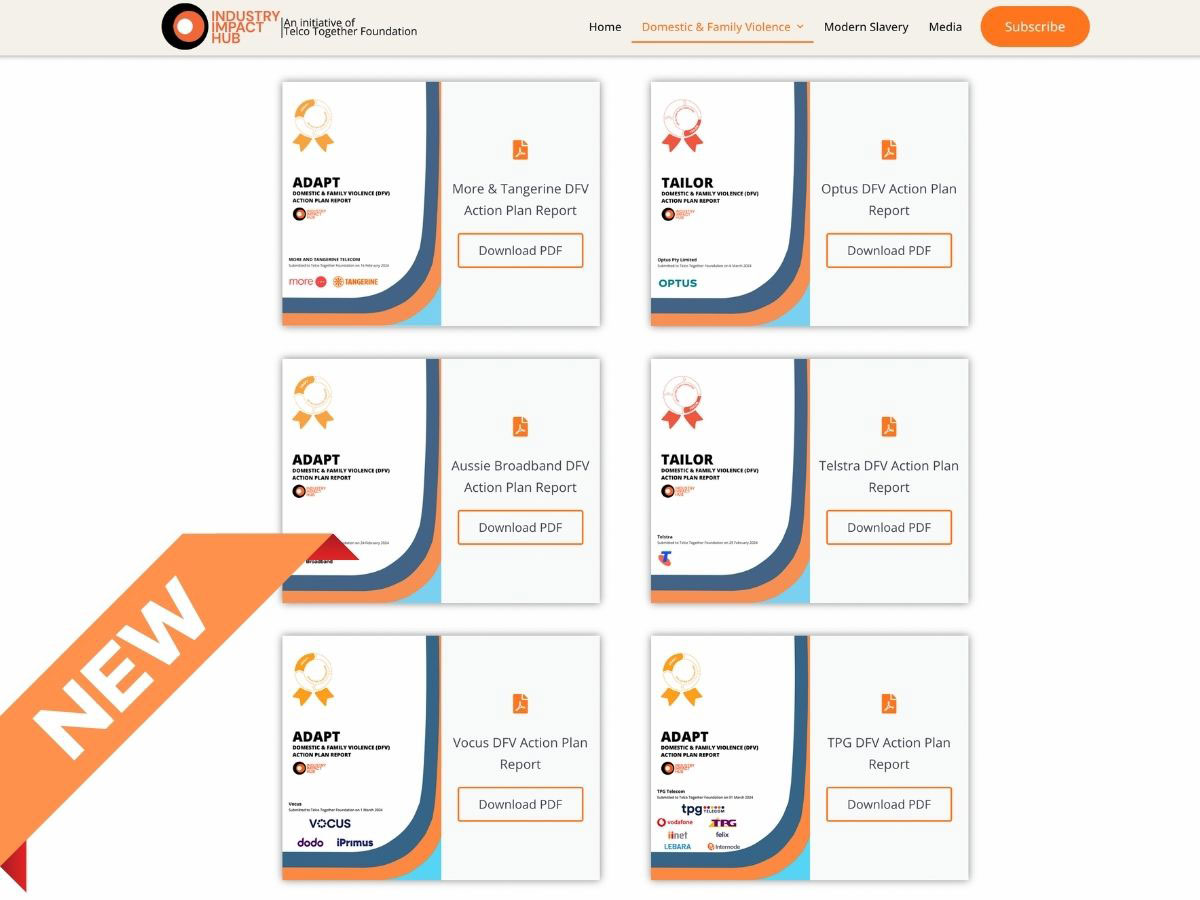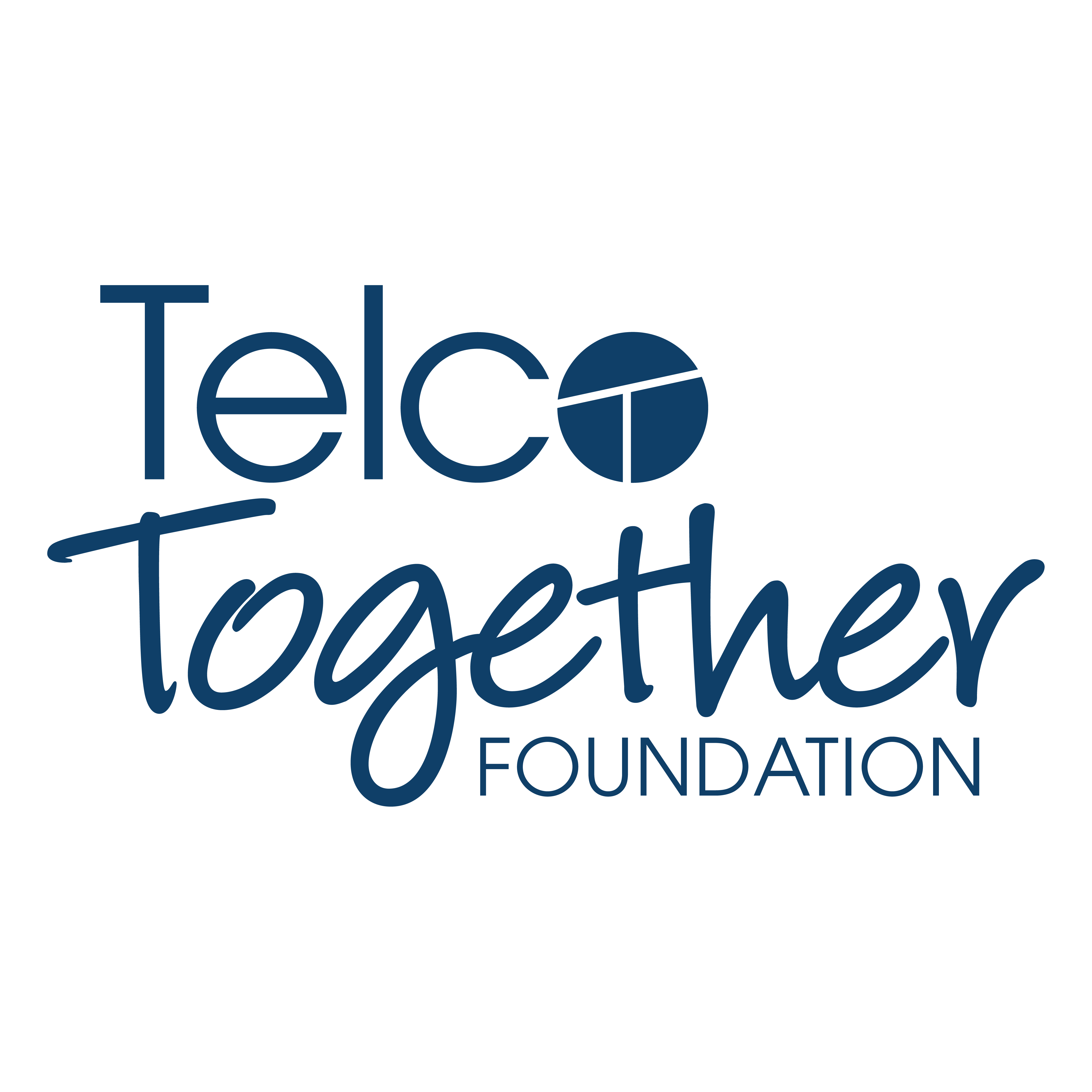By Jen
Welcoming the cool change in Naarm as of late, I recently attended ReachOut’s webinar ‘From insight to change: Why embedding impact matters’. The event not only marked the official launch of ReachOut’s inaugural Social Impact Report 2022 – 2023 but also served as a beacon of inspiration for organisations keen on leveraging impact reporting to drive meaningful change in their communities. Here are some of my key learnings:
Strategic Implementation: Co-Creating Success
- Co-creating projects with end-users establishes a benchmark for progress.
- Relevant, attainable data guides our work and ensures accountability to our communities.
- Focus on internally-owned processes and strategies for streamlined reporting efforts.
The webinar emphasised the critical need for a planned and strategic approach in implementing support programs or services, stressing the collaborative efforts between sponsors and stakeholders to co-create projects that drive end-user success. When built internally this collaborative endeavour not only sets an easily accessible benchmark for measuring progress across stakeholders but also generates relevant and attainable data crucial for guiding future initiatives and strategy.
Data as a Catalyst: Creating, Not Just Collecting
- Data creation is key; it’s about making what we have relevant to end-user success.
- Emphasise the importance of utilising accessible internal resources and leveraging partnerships aligned with impact vision.
At the heart of effective impact reporting lies data – the cornerstone of accountability to our communities. While obtaining comprehensive data may pose challenges, the ease of accessing data from existing internal reporting mechanisms particularly tracked with an end-user focus promotes operational efficiencies and costs reduction. This shared all organisational stakeholder responsibility of creating work and maintaining data driven by beneficiary impact relies heavily on investing and supporting the development of strategic partnerships in and outside the organisation to facilitate meaningful cause area progress.
Ownership and Alignment: Driving Meaningful Change
- Align deliverables with our own goals and objectives rather than external influences.
- Taking ownership empowers us to shape initiatives for maximum impact.
A key mantra echoed in my mind “Work with what you’ve got, not what others are doing.” This encapsulates the essence of embracing internal capabilities and tailoring initiatives to align with end-user success. Central to this approach is the concept of planned deliverables – a proactive strategy aimed at achieving predetermined goals. By owning the direction of initiatives, organisations can stay true to their mission and ensure that resources are channelled towards projects that align with their core values.
It was a truly insightful session; my team and I extend our sincere gratitude to ReachOut for hosting this thought leadership webinar and for their dedication to fostering knowledge-sharing in the field of social impact.
See ReachOut’s Social Impact Framework here.
ReachOut is Australia’s leading online mental health organisation dedicated to providing support and resources for young people and their parents. Proudly supported by Telco Together Foundation’s Small Change Big Change (SCBC).





